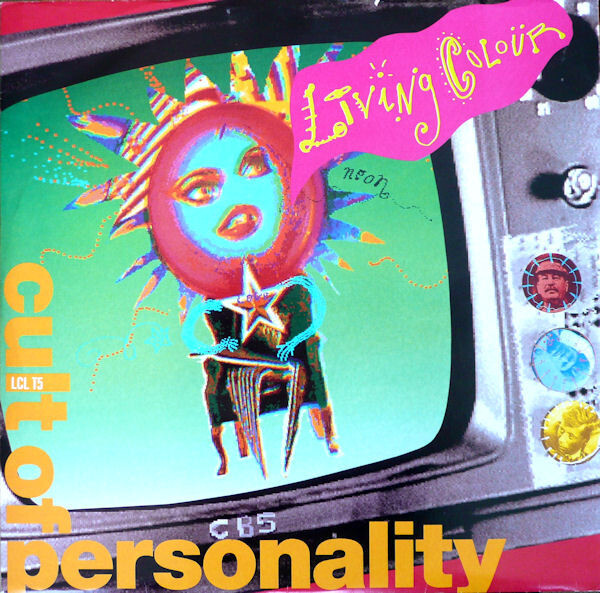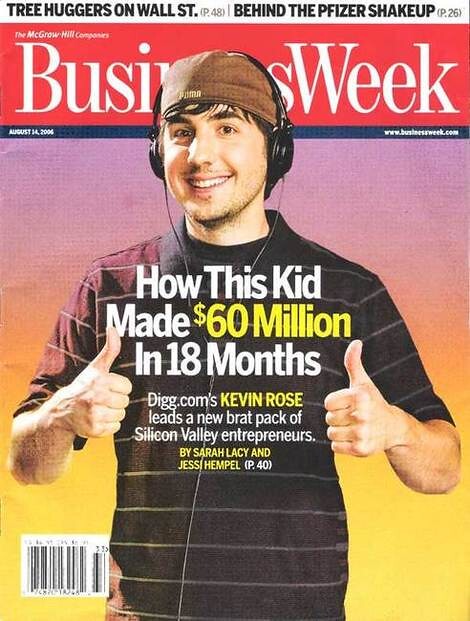
Social media has been a fascinating place of late, with a lot of recent overview-style takes, mine included, reading more like obituaries for the social media of the past 15 years or so than excitement about what’s coming next.
Is it because Elon, despite having all the money in the world, is hopelessly square? Who knows.
There are many people who say they won’t leave Twitter, despite the many headlines that suggest the network is having an awkward transitionary moment. Others seem to be writing their exit strategies in real time, whether in the DMs or directly on the timeline. People are starting to share their Mastodon handles and pull their friends into Discord servers. People are talking about Tumblr again in earnest.

Remember when this was how we celebrated social network founders?
But in a way, even with the mess that Elon has left on our doorsteps, right now feels like one of the most exciting times in social media in the past few years. I’ve been trying to figure out exactly why that is, and I think I have a theory about it, and it comes down to this: Over the last 15 years or so, we tended to associate social networks with specific larger-than-life figures, starting with Digg’s Kevin Rose. The most famous two are Mark Zuckerberg with Facebook/Meta and Jack Dorsey with Twitter, but there were others—Evan Williams with Medium and Twitter, Alexis Ohanian with Reddit, Evan Spiegel with Snapchat, and so on.
But what I think is interesting about the emerging crop of social networks that could potentially take the place of these older, more monolithic social platforms is that you don’t really know a lot about who made them. You likely didn’t know Jason Citron, Discord’s CEO, by name, until I just wrote it down. Mastodon developer and lead contributor Eugen Rochko has remained something of a cult figure in mainstream circles, whose fame has largely not expanded out of the fediverse. And Tumblr’s CEO, Matt Mullenweg, has a much more important job as the CEO of Automattic, and doesn’t have quite the same profile his media-favorite predecessor, David Karp, once did.
Even ByteDance and TikTok founder, Zhang Yiming, whether by cultural differences, or through necessity, does not carry a dominant role on his own network.
I guess what I’m saying is this. After nearly two decades of putting up with social networks where the boss (in most cases a Millennial or Gen X white guy) took center stage in many of the discussions about the platform, the great social media reset seems to be setting aside the “cult of personality” stuff in favor of a more fundamental “enjoying the platform” kind of routine.
How was the spell broken? I think Elon Musk is simply too famous and too culturally dominant for anyone to be able to look at him as anything other than an overwhelming voice on a network like Twitter. At one point on Sunday evening, he was the only thing people were talking about, seemingly. And he seems to want to change the DNA of the thing he just bought with reckless abandon. While I don’t think it’s going to be like this until the end of time, right now it’s all about him, and that doesn’t leave a lot of room for anyone else.
https://twitter.com/Adequate_Scott/status/1587990869344493570
I think the guru at the top of the big company has been a focal point of many tech businesses for a long time, at least since the days of Steve Jobs. In the case of social media, that guru takes an outsize role, and they can shape what the platform or company represents, as well as much of the conversation about it.
But with Elon, we already kind of know what he represents, so despite us having an already-shaped opinion of the platform he owns, he’s changing it, overnight. He’s not adapting to Twitter; Twitter is adapting to him. And a lot of users simply haven’t bought in. And the only way he’s going to solve that problem, really, is if he takes a step back from the platform he just bought. Which he won’t do.
Time limit given ⏲: 30 minutes
Time left on clock ⏲: 58 seconds



